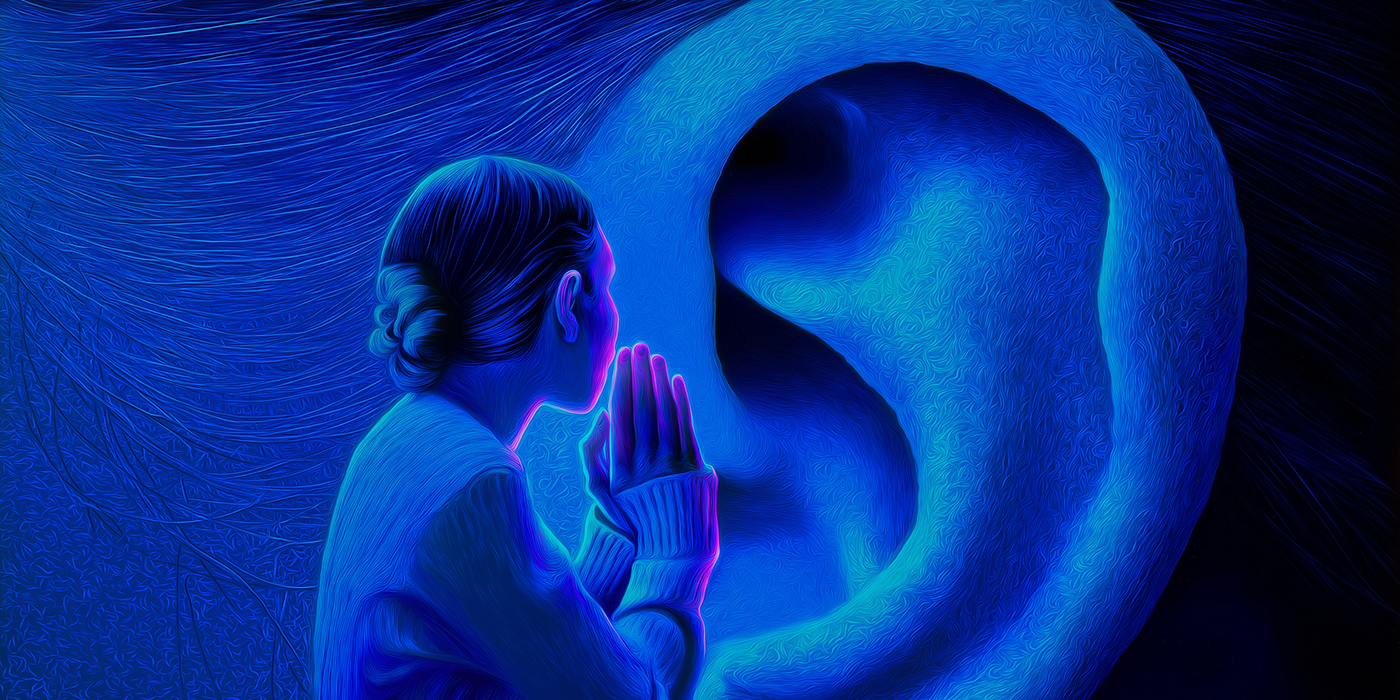I have three things to share on the topic of forgiveness.
#1: Why Forgive?
The first, and most important, concerns why I forgive people. In a nutshell: I forgive because it helps ME.
In recovery, I learned about forgiveness from Alcoholics Anonymous. When I’m in a state of non-forgiveness in regards to another person, I give that person control over me. They have their hooks in my brain, and they are able to dictate my thoughts and feelings to some extent. When I give that power to others, it’s pretty much impossible to stay sober.
I don’t forgive because it’s the proper or right thing to do. I don’t forgive for the sake of the other person. I don’t forgive that I may be forgiven. No, I forgive so that I can get that other person out of my head, experience peace, take control of my actions, stay sober, and be free.
Twelve Step recovery is full of cases where we end up doing the right thing for purely self-serving reasons. Sexaholics Anonymous touches on this when it mentions our “own enlightened self-interest.” What it comes down to, however, is that I must forgive if I want to be sober and free.
#2: What is Forgiveness?
It’s a common misconception for people to think that forgiveness means that what the other person did was okay and all is good. This is a lie. The definition of forgiveness that I learned in recovery is more pragmatic:
Forgiveness is when you get to the point where the harm done by the other person no longer lingers in your mind or controls your thoughts or actions.
Forgiving a person does not indicate that what they did was okay, nor does it excuse their conduct. It just means that you no longer dwell on it. It isn’t erased from your memory, but you’ve forgotten it with the in-the-moment part of your mind. There is longer any associated fear, anger, or resentment.
Let me give an example from my life. In the next section I share about how I came to forgive my father. Yet I found that even after that happened, I didn’t particularly like him as a person. I mean, he was my father so I loved him, but he wasn’t really someone I wanted to hang around with. He refused to admit he’d done anything wrong, or even that things had been bad. He hadn’t changed much. He hadn’t recovered. He wasn’t the type of person I wanted as a regular presence in my life, but I was no longer angry at him. And, most importantly, I found I could deal with him in an appropriate manner once the anger was gone.
#3: How to Forgive
Alcoholics Anonymous says we must find some way to get rid of resentment and forgive. There are many methods, but the one suggested by the book is to view the person who harmed you as being ill. They may be spiritually sick, or they may have an actual mental illness. If you can adjust your thinking to see them as being sick, not evil, it’s easier to forgive them. Here is an example:
I had a significant round of forgiveness toward my father. Let me preface this by stating that I was extremely angry at him. The first time I got in touch with my anger, I started out by being furious at every person in the world. That anger quickly morphed into being focused solely at him. Anger that was big enough to encompass 7,000,000,000 people was directed at him. Let that sink in for a moment.
It was very hard to get over my anger and forgive him, even with all the 12-Step techniques for doing just that. I got some relief when I did my 4th Step. I got more relief when I did my 8th Step. But the final step was a long time coming. I’d done enough therapy and recovery to understand many of my core problems. One day it came to me that my father had some of the same issues that I did, but he didn’t have 12-Step programs or therapy to deal with them. He’d been trying his best to manage, just like I had, but without all the assistance I’d received. That was the turning point. I was finally able to completely forgive him. From start to end it took about eight years for me to get to that point.
I hope my experience will help you get to that place of forgiveness more quickly. Even though I had a lot of guidance, it was a long, hard process. Much of what I’ve shared with you had to be learned the hard way. But if I can leave you with one thought, it would be this: Forgiveness is worth the effort.
Chad C., Florida, USA






